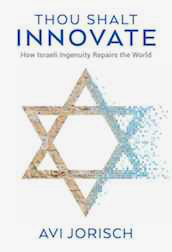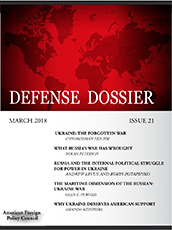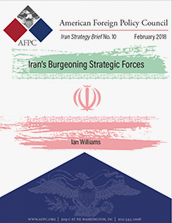How the US can shore up Ukraine’s vulnerabilities in the Black Sea
Four years after the invasion of Crimea and the Donbas, Russia’s aggression against Ukraine continues unabated. For all the failures of the government in Kyiv to reform, Ukraine is still fighting our war.



